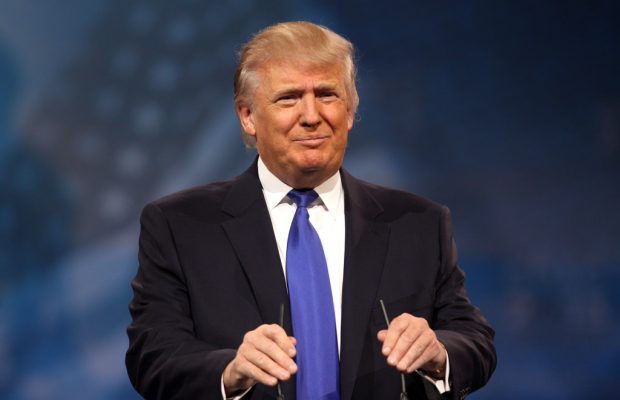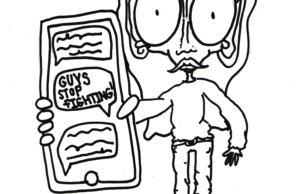Trump Stumbling on Comey Claims

“Look, he’s a showboat. He’s a grandstander.”
This was the start of Donald Trump’s rocky interview with Lester Holt on Tuesday, May 11, where he made comments that have gotten him into trouble over the past couple weeks.
The main complaint has to do with the suspicious circumstances under which FBI Director James Comey was fired. According to Trump and his surrogates, Comey’s termination came at the recommendation of the deputy attorney general Rod Rosenstein, but Trump said differently in his interview with NBC, putting the administration in some some seriously hot water.
The odd timing, conflicts with previous statements, and investigations into the Trump Campaign’s ties with Russia make this especially awkward for the administration, with many liberals pushing for charges of Obstruction of Justice.
This comes after Trump, in his interview with Holt, contradicted what the administration disclosed earlier regarding Rosenstein’s recommendation, saying, “He had made a recommendation. But regardless of recommendation, I was going to fire Comey knowing there was no good time to do it.”
Trump then turned the tables and started attacking the left, saying, “And in fact, when I decided to just do it, I said to myself — I said, you know, this Russia thing with Trump and Russia is a made-up story. It’s an excuse by the Democrats for having lost an election that they should’ve won.”
Holt then asked why the administration’s official letter of termination mentioned Comey’s previous private comments to Trump assuring him that he was not being investigated, something that shouldn’t have been relevant considering the administration’s stance on his termination. This suspicious behaviour was both confronted and made more apparent in Holt’s interview with Trump.
Trump, however, swiftly avoided the question by bringing up the dinner he had with Comey before his firing. Trump claims that Comey begged to keep his job, but Comey, just a few days before Trump’s interview, reported that Trump requested from him an oath of loyalty, something Trump of course denied.
The bizarre thing here is not only the sheer inconsistency between Trump’s comments and the official stance of the administration, but the inconsistency in Trump’s own statements. Interviews like these are supposed to clarify what the administration and the president are doing, but in this pursuit, Trump’s NBC interview has greatly failed, with Trump contradicting his own previous statements several times in the short, 13 minute meeting. Right after Trump gave the motive for Comey’s termination, he walked back his walk back, saying, “Maybe I’ll expand that — you know, I’ll lengthen the time [of the investigation] because it should be over with. [The investigation] should — in my opinion, should’ve been over with a long time ago because it — all it is an excuse.”
Contradictions like these not only make Trump and his administration look much more suspicious, but they completely undermine the public’s trust of the office. Trump’s alleged ties to Russia and the hellfire surrounding it are often compared to Nixon’s Watergate scandal in scope, but many fail to consider one key difference between the two: competence. Nixon was careful and calculating in his own public statements and those of his surrogates, with most of the incriminating evidence coming from internal leaks, but unlike Nixon, Trump is digging his own grave. It’s extremely apparent that what was once Trump’s most appealing feature on the campaign has quickly become his bane, for his lack of experience with public office is and will continue to be the administration’s undoing.



